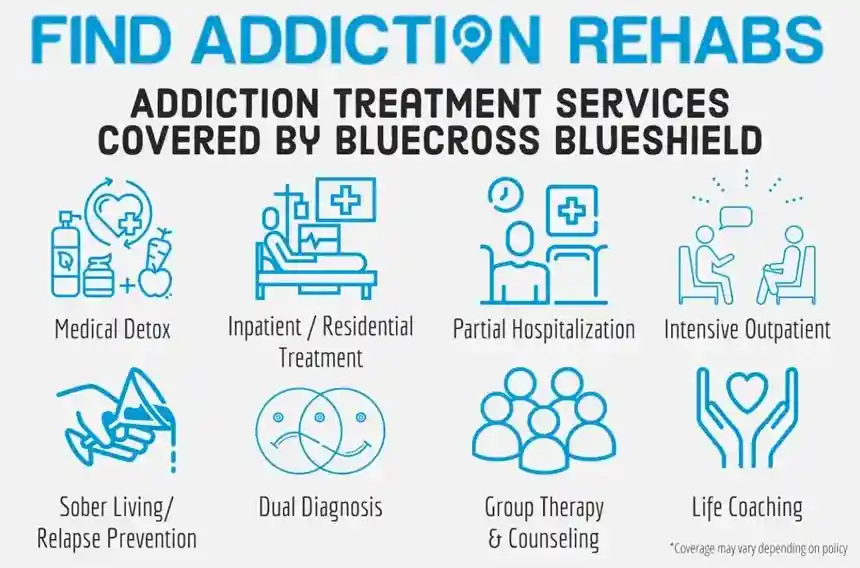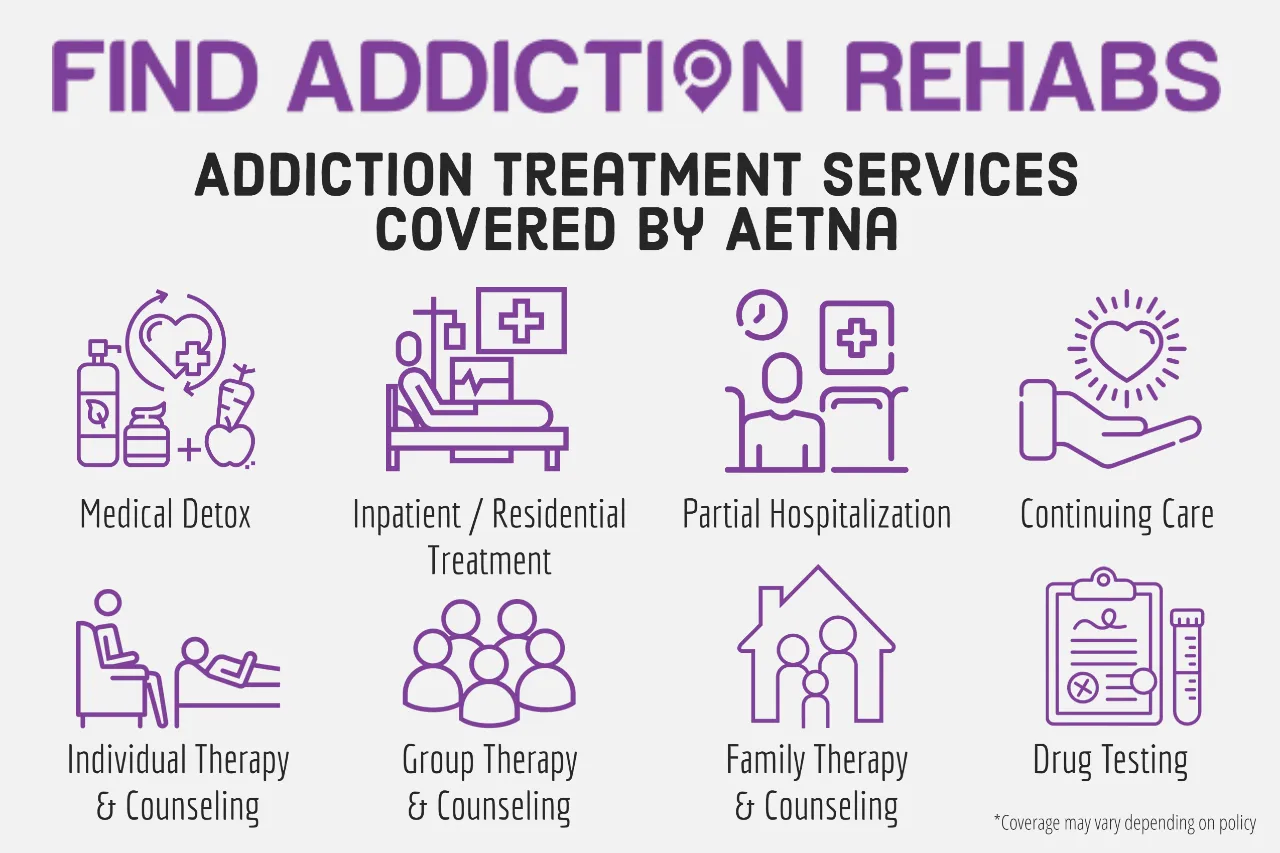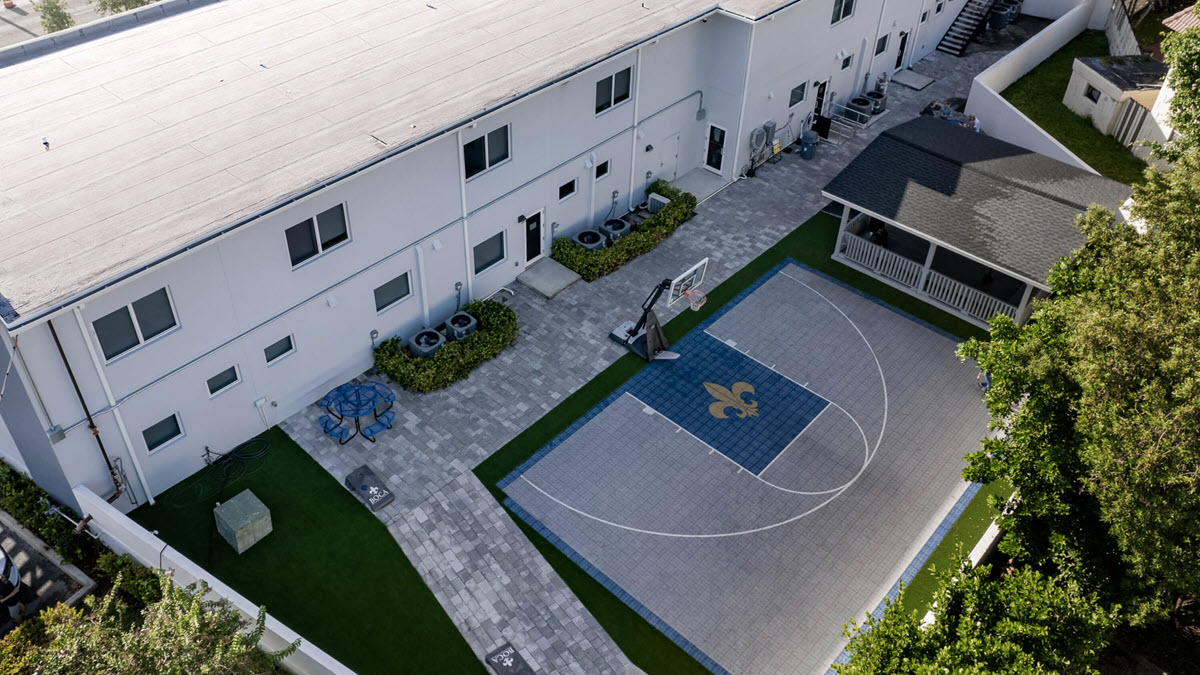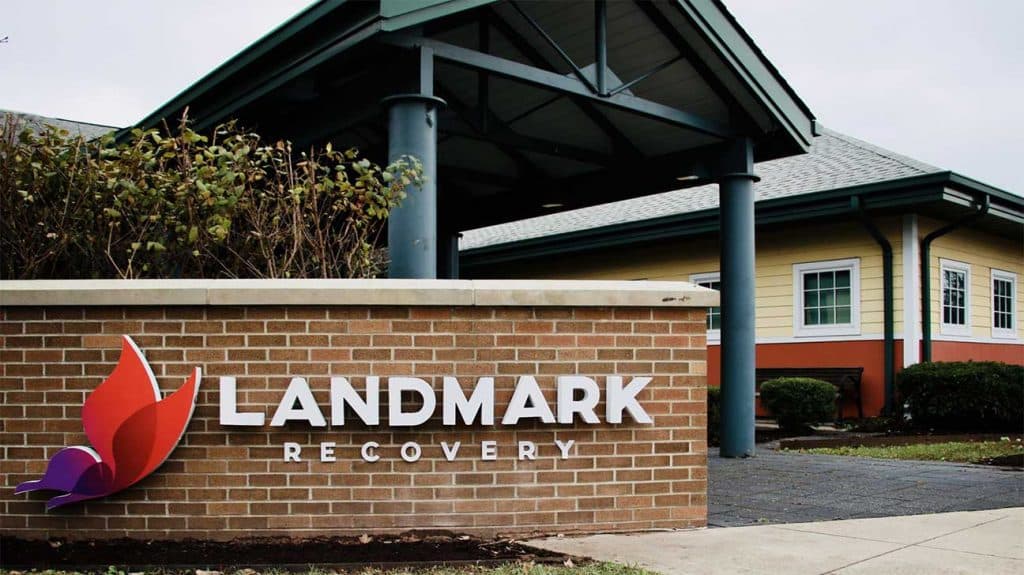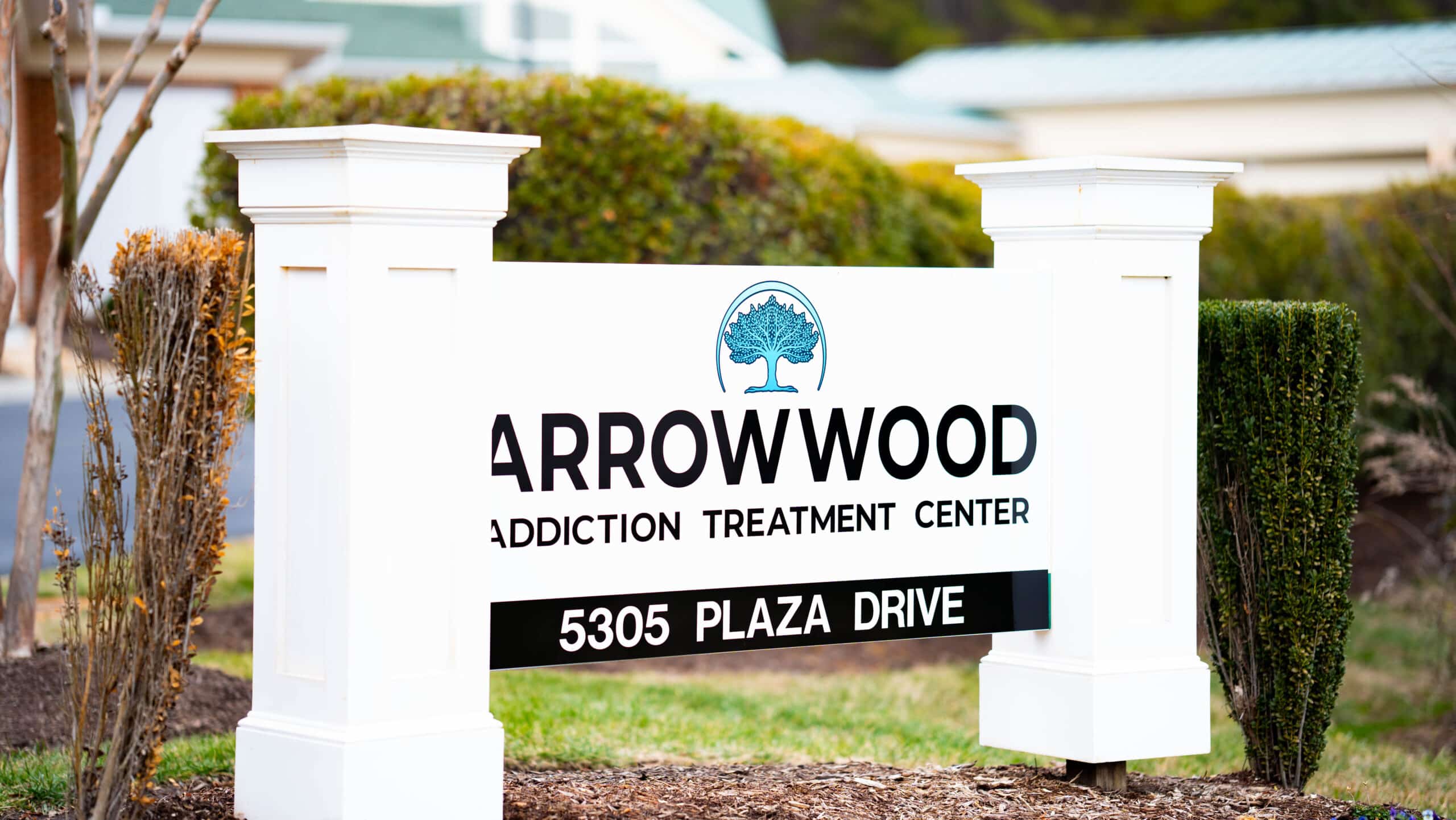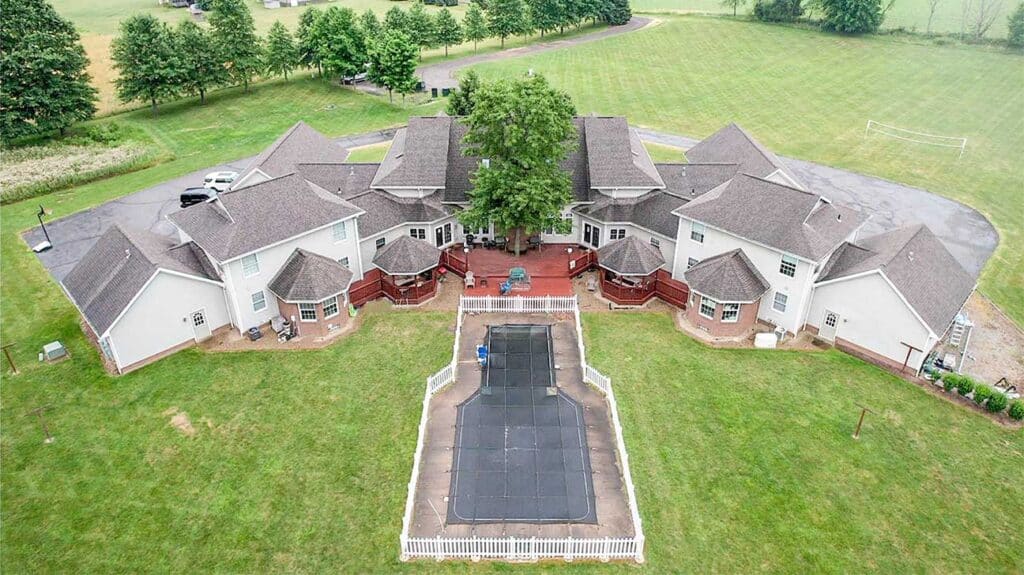
Understanding the Landscape of Accessible Addiction Treatment
If you or a loved one is struggling with addiction in Tulsa but worried about the cost, know that help is available. Free drug rehab in tulsa oklahoma exists through state-funded facilities, non-profits, and programs like Medicaid. The cost of treatment should not be a barrier to recovery.
Key Free and Low-Cost Options in Tulsa:
- H.O.W. Foundation: No-cost residential program for men.
- Indian Health Care Resource Center of Tulsa: Free services, accepts Medicaid.
- Resonance Center For Women Inc.: Intensive outpatient care for women, Medicaid accepted.
- Oklahoma Medicaid (SoonerCare): Covers detox, outpatient care, and MAT.
- YouthCare of Oklahoma: Serves children and families, accepts Medicaid and offers aid.
- Center for Therapeutic Interventions (CTI): Free services available, Medicaid accepted.
Oklahoma has invested in making addiction treatment accessible regardless of ability to pay. While average treatment costs can be high, numerous pathways exist for free or low-cost care, including residential programs, outpatient services, medical detox, and counseling. Some facilities use sliding fee scales based on income, while others receive grants to serve specific populations.
Recovery is possible, and financial constraints don’t have to prevent you from taking the first step.
At Addiction Helpline America, we specialize in connecting people with accessible treatment options nationwide. We have comprehensive knowledge of Tulsa’s resources and can help you steer the system to find a path forward, regardless of your financial situation. This guide will walk you through your options for accessing free addiction treatment in Tulsa.
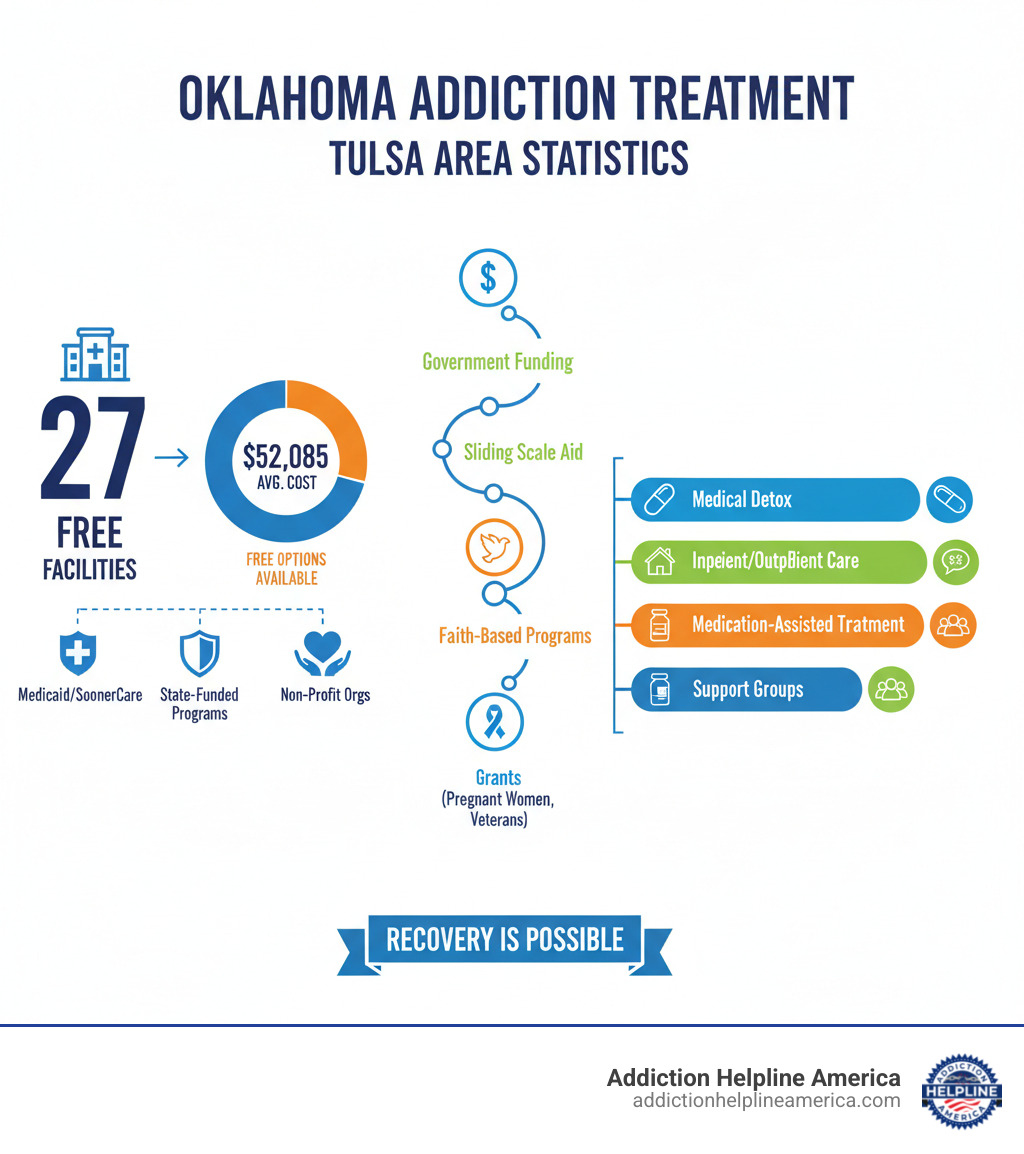
Handy free drug rehab in tulsa oklahoma terms:
Understanding Your Options for Free Drug Rehab in Tulsa, Oklahoma
Finding the right treatment path is clearer when you understand your options. Free drug rehab in tulsa oklahoma offers comprehensive care that addresses substance use, mental health, and life skills. These programs often use the same evidence-based approaches as private centers. Let’s review what’s available.
Medical detox, or withdrawal management, is often the first step. This is a supervised medical process where professionals monitor withdrawal symptoms to keep you safe, as withdrawal from some substances can be dangerous.
After detox, you’ll move to a level of care based on your needs, from highly structured residential treatment to flexible outpatient services.
Counseling services are the backbone of treatment. You’ll work with therapists in individual and group sessions to understand the drivers of your substance use and develop healthier coping mechanisms. Many free rehabs in Tulsa use evidence-based therapies like Cognitive Behavioral Therapy (CBT) to help change negative thought patterns and behaviors.
For opioid and alcohol addiction, Medication-Assisted Treatment (MAT) combines FDA-approved medications with counseling. This approach is considered the gold standard for opioid use disorder as it reduces cravings and withdrawal symptoms.
Support groups like Alcoholics Anonymous (AA) and Narcotics Anonymous (NA) offer ongoing peer support, which is a vital part of building a new life in recovery.

Inpatient and Residential Programs
Inpatient and residential programs provide 24/7 structured care in a safe environment, away from triggers. This allows you to focus entirely on healing. Days are scheduled with therapy, educational groups, and other activities. For men in Tulsa, the H.O.W. Foundation offers a no-cost residential program that emphasizes work therapy and accountability within a Twelve-Step framework. Work therapy helps rebuild self-esteem and job skills. These programs focus on long-term recovery, with stays ranging from 30 days to a year, giving you time to build a solid foundation before returning to daily life.
Outpatient Services and Counseling
Outpatient programs offer flexibility for work and family commitments, as you attend scheduled treatment sessions and return home afterward.
- Intensive Outpatient Programs (IOP) provide substantial treatment several days a week. The Resonance Center For Women Inc. in Tulsa offers an IOP and accepts Medicaid, specializing in care for women.
- Partial Hospitalization Programs (PHP) are more intensive, with full-day programming, but you return home at night.
- Individual and group counseling remain central to outpatient care, helping you process personal issues and connect with peers.
- Supportive services for women and families are also available. Organizations like Family & Children’s Services in Tulsa offer counseling and substance use treatment that supports the entire family system.
The right program depends on your specific situation. At Addiction Helpline America, we help you steer these options to find the treatment path that fits your life.
How to Qualify for Free and Low-Cost Addiction Treatment
Don’t let financial worries stop you from seeking help. In Tulsa, multiple pathways make treatment accessible regardless of your income. Most facilities that offer free or low-cost services will ask for proof of income and residency to determine your eligibility. The application processes are designed to help you, not create more obstacles.

Using State and Local Assistance for Rehab
Oklahoma’s Medicaid program, SoonerCare, is a primary resource for accessing free drug rehab in tulsa oklahoma. It covers a comprehensive range of services if you meet the income requirements.
Who qualifies for SoonerCare? The program serves lower-income Oklahoma residents, including those experiencing homelessness or parents of dependent children. You can apply online through the Oklahoma Health Care Authority website, by mail, or at a local social services office.
Once enrolled, SoonerCare covers services like medication-assisted treatment (MAT), outpatient programs (PHP and IOP), medical detoxification, and mental health services. Many rehab centers in Oklahoma accept Medicaid. For more information, you can visit the Oklahoma Health Care Authority.
Community and Non-Profit Support for Free Drug Rehab in Tulsa Oklahoma
Tulsa has a strong network of non-profit and community programs providing addiction treatment at little to no cost. These organizations are funded by community grants and federal sources like the Substance Abuse Prevention and Treatment Block Grant (SABG), which often prioritizes populations like pregnant women or those with dependent children.
Key local organizations include:
- Family & Children’s Services: A Certified Community Behavioral Health Clinic (CCBHC) offering counseling and substance use treatment.
- C.A.R.E For Change, Inc.: Provides substance abuse and trauma therapy, with free services for those who qualify and Medicaid acceptance.
- YouthCare of Oklahoma: Focuses on children and families, accepting Medicaid and offering financial aid.
- Indian Health Care Resource Center of Tulsa: Offers free services and accepts Medicaid, welcoming individuals of all backgrounds.
- Resonance Center For Women Inc.: Specializes in outpatient care for women and accepts Medicaid.
Many faith-based programs, like the H.O.W. Foundation, also offer no-cost residential treatment as part of their ministry. Additionally, many treatment centers offer sliding scale fees, adjusting the cost based on your income.
Finding Specialized Free Rehab Programs in Tulsa
Effective treatment is often customized. Free drug rehab in tulsa oklahoma includes specialized programs designed to meet the unique needs of different groups, ensuring more relevant and impactful support.
Programs for Men and Women
Gender-specific programs acknowledge that men and women can experience addiction and recovery differently.
- For Men: The H.O.W. Foundation in Tulsa provides a no-cost residential program for men that fosters accountability and a strong work ethic in a community of peers.
- For Women: Programs like those at Resonance Center For Women Inc. often use trauma-informed care, recognizing the high prevalence of trauma among women with addiction. Resonance provides intensive outpatient care for women, including those impacted by the criminal justice system.
Services for Veterans, Adolescents, and Other Groups
Specialized treatment is also available for other demographics.
- For Veterans: The Eastern Oklahoma VA Healthcare System and the Tulsa VA Outpatient Clinic provide vital services for veterans, including addiction treatment, counseling, and medication management, often free for those with VA benefits.
- For Adolescents: YouthCare of Oklahoma works with children and families, accepting Medicaid and offering financial aid. Tulsa Boys’ Home offers residential services, and C.A.R.E For Change, Inc. provides treatment for adolescents and families.
- For Native American Communities: The Indian Health Care Resource Center of Tulsa offers free, culturally sensitive services and accepts Medicaid. Keetoowah-Cherokee Treatment Services is another resource for this community.
- Other Specialized Needs: Some facilities cater to individuals with co-occurring mental health disorders (dual diagnosis), LGBTQ+ individuals, or those involved in the judicial system.
Your First Steps to Getting Help: A Practical Guide
Taking the first step toward recovery can feel overwhelming, but you don’t have to figure it out alone. If you’re considering free drug rehab in tulsa oklahoma, you’ve already started an important journey. It’s natural to feel hesitant, but the professionals at treatment facilities and helplines are there to help, not judge.
Making the decision to seek help is about acknowledging a need for change and being willing to accept support. You don’t need a perfect plan—just the courage to reach out. If you can, gather basic information like medical records or insurance details, but don’t let a lack of paperwork stop you from making the call.

Where to Start Your Search for Free Drug Rehab in Tulsa Oklahoma
When you’re ready to find free drug rehab in tulsa oklahoma, a great first step is to contact a helpline that can guide you.
At Addiction Helpline America, we offer free, confidential, and personalized guidance. We have helped countless individuals connect with the right treatment programs and understand the Tulsa recovery landscape. We can walk you through your options and help you find a program that fits your needs.
You can also contact facilities directly. Many of the centers mentioned in this guide—like the H.O.W. Foundation, Indian Health Care Resource Center of Tulsa, and Resonance Center For Women Inc.—welcome direct inquiries. Their staff can explain their programs and answer your questions. In Tulsa, Family & Children’s Services is another key resource offering comprehensive support. You can reach them directly at 918-587-9471 or visit their website at Family & Children’s Services.
Preparing for the Application and Intake Process
After making contact, the next step is the application and intake process. An intake specialist will ask about your substance use history and medical background to understand your needs.
For free or low-cost programs, you’ll likely need to provide:
- Proof of income: Pay stubs, tax returns, or a statement of unemployment.
- Proof of residency: A utility bill or lease agreement with a Tulsa address.
- Identification: A driver’s license or state ID.
An initial assessment will help the team create a personalized treatment plan. Be as honest as possible—the more they know, the better they can help.
Be aware of potential waitlists. Due to high demand, you may not be able to start treatment immediately. If you encounter a waitlist, ask for interim resources like support groups. Persistence is key. If one facility has a wait, try another, or call us at Addiction Helpline America for help navigating your options.
Frequently Asked Questions about Free Rehab in Tulsa
You’re not alone if you have questions about accessing free drug rehab in tulsa oklahoma. We hear these concerns every day, and we want to provide honest, helpful answers that give you a clear picture of what to expect.
What are the benefits and drawbacks of free rehab?
Benefits: The primary benefit is the lack of financial burden, making treatment accessible to everyone. These programs provide comprehensive, evidence-based care, including detox, counseling, and mental health services. You’ll also find a strong sense of community among peers who are there for the same reason: to get better.
Drawbacks: The main limitation is the potential for waitlists due to high demand. Amenities may also be more basic compared to luxury private centers. However, the focus is on quality clinical care, not perks.
How long do free rehab programs in Tulsa typically last?
Treatment length varies based on individual needs and the program type.
- Medical detox usually lasts from a few days to two weeks.
- Outpatient programs can run from several weeks to months, offering flexibility.
- Residential programs are more immersive, typically lasting 30 to 90 days. Some long-term programs, like the one at the H.O.W. Foundation, can last six months or more to ensure a solid foundation for recovery.
What services are typically offered at free facilities?
Free doesn’t mean bare-bones. Most facilities offer a comprehensive suite of services to address all aspects of recovery. Core offerings include:
- Medical detox and withdrawal management.
- Individual and group counseling with licensed therapists.
- Integrated mental health treatment for co-occurring disorders (dual diagnosis).
- Medication-Assisted Treatment (MAT) for opioid and alcohol dependence.
- Peer support groups and 12-step program integration.
- Aftercare planning to support long-term sobriety, which may include referrals to sober living or ongoing therapy.
Conclusion: Your Path to Recovery in Tulsa Starts Today
This guide has shown that free drug rehab in tulsa oklahoma is a reality. From state-funded programs and Medicaid (SoonerCare) to non-profits like the H.O.W. Foundation, numerous options exist. Specialized services for women, veterans, and youth ensure that you can find care custom to your needs.
The most important takeaway is that recovery is achievable, and cost should not be a barrier. Taking the first step is often the hardest part, but it’s a decision that can change your life. Whether you need an immersive residential program or flexible outpatient care, a path forward exists for you.
At Addiction Helpline America, we understand how overwhelming this process can feel. We provide free, confidential, and personalized guidance to help you steer your options in Tulsa and across the country. We don’t just give you a list of numbers; we walk with you to find the right program.
Your journey to a healthier life can begin now. The support is ready, and you deserve the chance to heal.
Our helpline is 100%
free & confidential
If you or someone you care about is struggling with drug or alcohol addiction, we can help you explore your recovery options. Don’t face this challenge alone—seek support from us.
Programs
Resources
Will my insurance
cover addiction
treatment?
We're ready to help
Find the best
drug or alcohol treatment
center
Are you or a loved one struggling with addiction? Call today to speak to a treatment expert.



